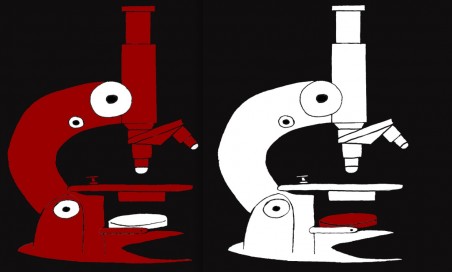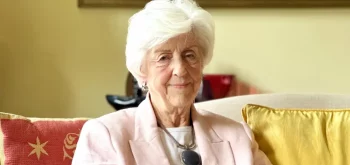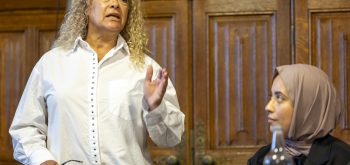In a speech on the future of forensic trials, Lord Thomas of Cwmgiedd, lord chief justice of England and Wales, expressed concern that jurors were failing to get to grips with scientific evidence. The head of the judiciary said that, in ensuring ‘the innocent are not convicted of crimes they did not commit’, there were ‘problems’ with the presentation of forensic science. ‘There is a risk that justice will be overlooked as there are so many other calls on the public purse,’ he said. ‘Juries cannot and should not be expected to understand and interpret complex scientific concepts.’
- Lord Thomas was giving the 2014 Criminal Bar Association Kalisher Lecture here
The Law Commission, in 2011, produced a report recommending new legislation in response to concerns relating to expert evidence in criminal proceedings. The commissioners were concerned that evidence was being admitted ‘too readily’ and with ‘too little scrutiny’.
The Commission called for an admissibility test to assess the reliability of expert evidence, which would reduce the risk of the jury being unclear or distracted by ‘complex and conflicting’ evidence, thereby reducing the risk of miscarriages of justice. This proposal, although supported by the senior judiciary, was rejected by the Government. The Ministry of Justice responded by saying they ‘could not afford to introduce reforms that would involve additional pre-trial hearings.’
Despite the lord chief justice insisting it inappropriate to comment on the government’s decision to close its Forensic Science Service, Thomas expressed concern that the private companies replacing it were ‘too driven’ on cost considerations and keeping their methods confidential.
This was an area of ‘great concern’, methods should be made available to the public, he said, and this should take priority behind confidentially where it is ‘relevant to establishing innocence or proving guilt’, even though commercial consideration might normally be applicable.
The head of of the judiciary has suggested jurors be given written ‘primers’ on complex scientific evidence to reduce the risk of unreasonable conclusions.
These guides would be short, easy to read and restricted in areas affecting ‘consensus in the scientific community’ – see Joshua Rozenberg’s report in The Guardian, but could still assist juries, and even judges, in comprehending the complex concepts provided in the cases they were hearing.
It is unclear at this time how these guides will be financed, but, Thomas concluded, ‘financial constraints affect every part of the system, and everyone working within it’.
‘Through a combination of improving the quality of the scientific underpinning of forensics; the quality, probity and focus of experts, and the manner in which expert evidence is presented to and tested by the courts, we can work with these challenges, and ensure proper safeguards for defendants while avoiding the risk of juries and the wider public losing faith in the value of forensic science to the courts.’






